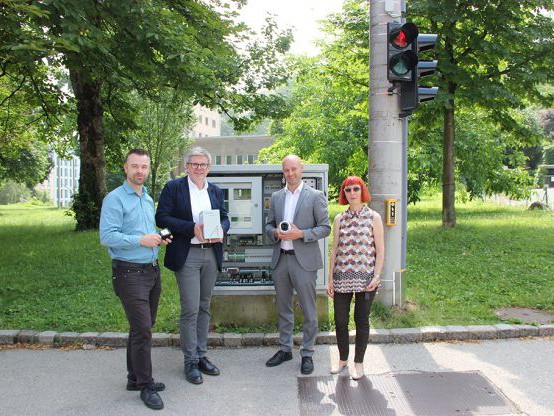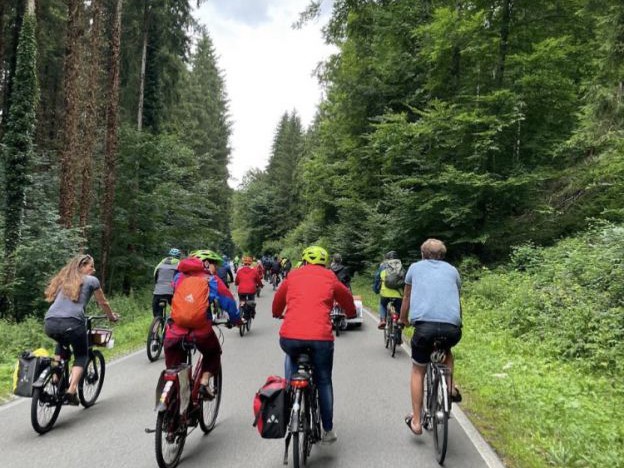
Space for Cargo Bikes
Ziele/Ideen
Cities in The Netherlands aim to implement zero-emission zones from 2025. This has an impact not only on mobility but also urban logistics as currently goods are most of the time transported by polluting vans. Furthermore, as cities grow and become more dense, the lack of space becomes more apparent, so municipalities also aim to create more space by redistributing functions and giving priority to active and sustainable means. Cargo bikes can positively contribute to both of these goals: they are zero-emission means of logistics and free-up space as they are smaller than currently used vans. However, municipalities are facing challenges to make choices on how to redistribute this space. Our research aims to solve this by providing municipalities with a five-step guidance to be used as a practical tool for policymakers to effectively integrate cargo bikes into their logistics strategies, emphasizing stakeholder inclusion from municipal to local level.
Kurzbeschreibung
Cargo bikes have emerged as champions of last mile delivery and urban distribution, reshaping urban logistics. As they meander through traffic, these pedal-powered workhorses offer a glimpse into a future where sustainability and efficiency go hand in hand. Our research focuses on investigating how to create space in the street landscape for the rapidly growing fleet of cargo bikes. To understand the practical aspects of integrating cargo bikes into urban logistics, our study examines the current environment for cargo bikes in Dutch cities to propose changes to make it more cargo bike friendly. In this regard, we introduce the “Space for cargo bikes guide” – a comprehensive resource designed to support both businesses and municipalities in making the right choices to successfully integrate cargo bikes into their urban logistics environment. The deliverables include a systematic design framework also applied to a real case study with scenario drawings and cross-sections.
Resultate
The research contains an analysis of the use of cargo bikes based on three layers: the user type, the area type and the step in the journey, including needs for (short-term) loading, unloading and parking in different types of areas in the city. Moreover, it introduces a flexible design systematics which can be used by municipalities to evaluate their own situation and find opportunities for cargo bikes. In collaboration with the municipality of Rotterdam, the system has been applied to specific locations in the city and further refined through this application and work sessions with stakeholders.
We have been invited to talk about our research by several organizations and universities, such as CROW, International Cargo Bike Festival, Dutch Cycling Embassy and will present our work at important cycling conferences in 2024, such as Velo-City and Nationaal Fietscongres
Partner
Tour de Force: Client
City of Rotterdam: Work group
Moss (courier services): Work group
Cycloon (courier services): Work group
City of Leiden: Work group
City of Groningen: Work group
City of Utrecht: Work group
Fietsdiensten.nl: Cargo bike expert
Fietsersbond: Work group





